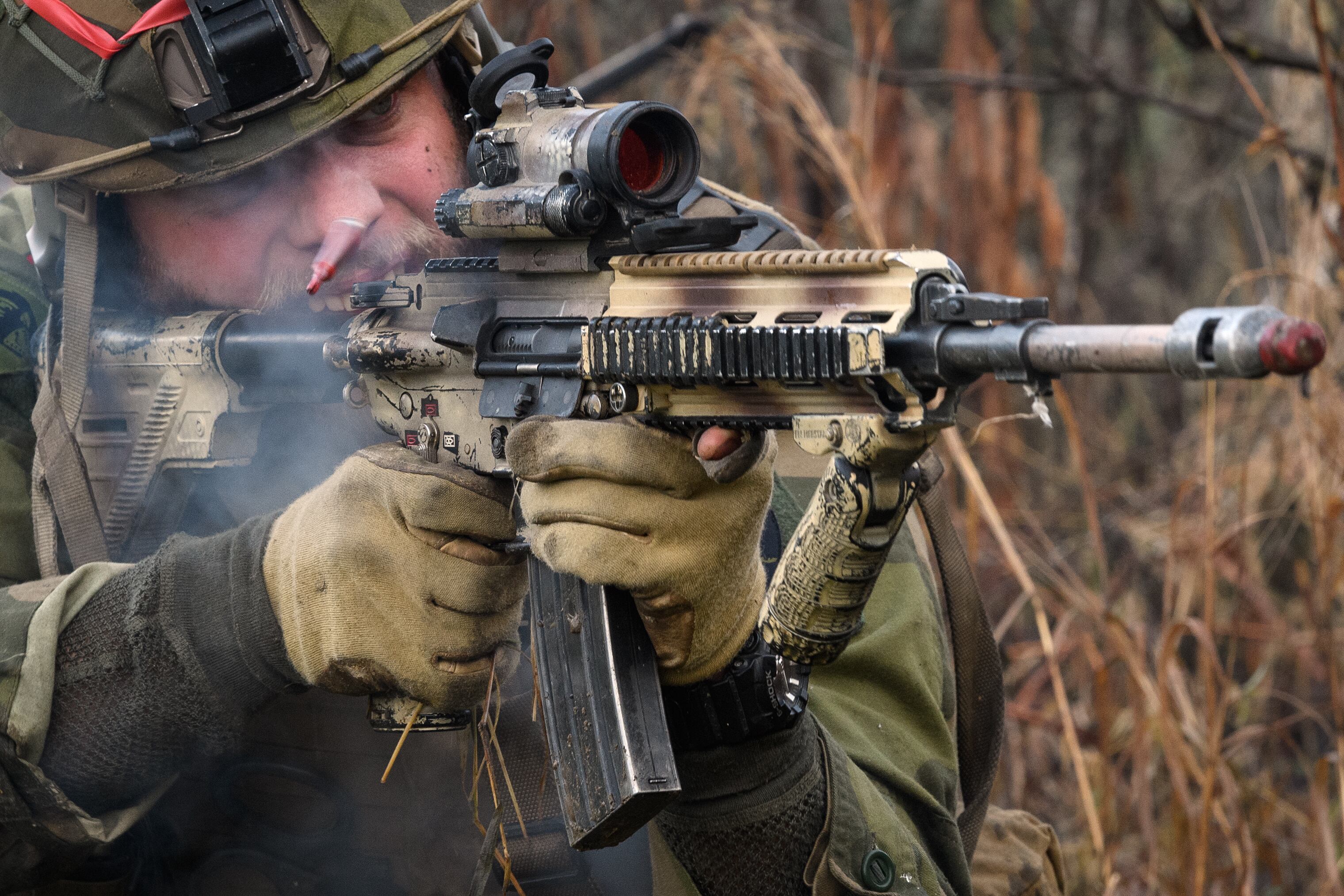The United States and Norway have a strong and longstanding bilateral relationship based on mutual interests and common values. The trans-Atlantic link remains the cornerstone of Norwegian security, and our two countries cooperate closely on almost every aspect of military operations. Looking ahead, the two key dimensions for Norwegian security policy are the Arctic and Russia.
Strategic environment in the High North
Since Russia began its military reform effort in 2008, it has built layered, integrated and scalable defenses. Russia’s armed forces have become an increasingly useful political instrument for the Kremlin across the entire conflict spectrum, from peace to crisis and war.
The annexation of Crimea in 2014 added a more threatening undertone to the development. In recent years, Norway has experienced Russian simulated air attacks on Norwegian targets and jamming of GPS signals that threaten the security of civilian aviation. Last fall, Russia conducted a sophisticated cyberattack on the Norwegian parliament, a serious incident that affected our country’s most important democratic institution.
The Russian so-called active defense emphasizes high readiness, agility, mobility and close coordination, as well as the ability to launch massive firepower. Russian prioritization of the Arctic has resulted in a large-scale modernization of the armed forces and infrastructure reestablishment in the Russian north. The key task of the Russian capabilities on the Kola Peninsula is global deterrence, making horizontal escalation a lasting concern for Norway. There is no indication that Russia will slow down its engagement in the Arctic — rather, the opposite.
China’s ambitions and increased involvement in great power competition introduces new challenges. China’s interest in the Arctic is growing, especially in light of its Belt and Road Initiative. Beijing has a broad range of means available, as it invests in research, ports and infrastructure in the region. Although China currently does not pose a military threat in the Arctic, Norway closely monitors China’s engagement in the north and its growing cooperation with Russia.
Key priority
Norway’s key priority is to maintain the Arctic as an area characterized by cooperation and predictability. The newly published whitepaper on the Arctic emphasizes its strategic importance for Norway, and our new long-term plan for defense outlines significant investments in relevant military capabilities.
Furthermore, Norway welcomes the increased presence of key NATO allies in the High North. In recent years, the Pentagon has published Arctic strategies illustrating that the U.S. views the High North as an area that requires attention in order to preserve strategic stability and a rules-based international order. Along with the U.S. Navy, Marines and special forces, the Air and Space Forces are now developing strategic cooperation with likeminded nations in the region. This includes increasingly regular allied naval and air presence in the High North. Norway aims to participate in these activities when they take place in the waters off the Norwegian coast, in order to enhance allied interoperability. We consider these activities as a sign of alliance solidarity and cohesion.
RELATED

NATO also emphasizes the strategic importance of the Arctic. Exercise Trident Juncture, hosted by Norway in 2018, proves that the alliance is able to conduct large-scale exercises in harsh weather conditions with an Article 5 scenario. As part of a more persistent allied presence, we look forward to hosting the biannual exercise Cold Response in 2022. This exercise will also test allied ability to protect NATO interests in the Arctic. This is deterrence in action.
Deterrence and reassurance
The balance between deterrence and reassurance is our main approach to achieve our security goals for the High North. At the same time, we continue to be prudent and avoid unnecessary provocation.
We remain Russia’s neighbor, and we continue to cooperate with Russia on issues such as search and rescue, border patrol, and coast guard operations to control fisheries. To preserve stability, we uphold dialogue while at the same time remain firmly committed to our values and a rules-based international order.
I would like to commend the U.S. for the continued leadership in defense and commitment to European security. Norway and the U.S. cooperate closely on maritime surveillance and intelligence in the High North. We also have close cooperation on integrating fifth-generation capabilities into the force structure, and our special forces work shoulder to shoulder around the globe. As maritime nations, the U.S. and Norway cooperate on naval matters around the world. In 2023, we plan to launch two satellites into orbit in a bilateral effort to establish broadband satellite communications in the Arctic.
Under shifting administrations, the U.S. has built lasting relationships with allies and partners all over the world, including in the north. We look forward to continuing the close cooperation with the U.S. and NATO allies to protect our common values and interests.
Frank Bakke-Jensen is Norway’s defense minister.








